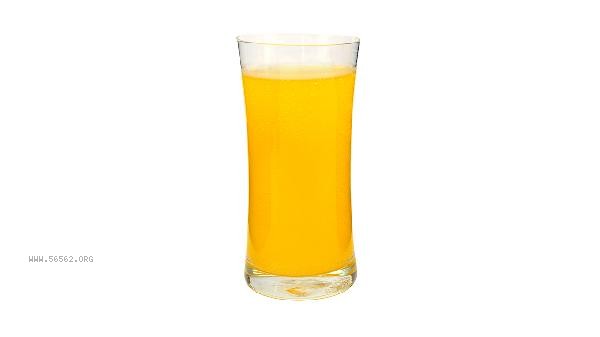Moderate consumption of electrolyte beverages generally does not lead to weight gain, while excessive consumption may increase calorie intake. The calories of electrolyte drinks mainly come from added sugar, and long-term heavy consumption may affect weight control. The main function of electrolyte drinks is to replenish electrolytes such as sodium and potassium lost after exercise or sweating, and their calories are usually lower than carbonated drinks. Ordinary adults can meet their electrolyte needs daily through a balanced diet, without the need for additional supplementation when there is no excessive sweating. If you need to quickly restore electrolyte balance after exercise, you can choose low sugar or sugar free electrolyte drinks to avoid consuming too much refined sugar. It should be noted that some sports electrolyte drinks have high sugar content, and a single bottle may approach the recommended daily intake limit for added sugar.

In special situations such as high-temperature work and long-term high-intensity exercise, electrolyte drinks can effectively prevent dehydration and electrolyte imbalance. But diabetes patients and obese people should choose sugar free formula to avoid blood sugar fluctuation. It is recommended that special groups such as children and pregnant women consult with the general population before drinking. Plain water is still the best choice for daily hydration. When making a purchase, it is necessary to check the nutrition chart and prioritize selecting regular products with low carbohydrate content and multiple electrolytes. Maintaining a healthy weight requires a combination of dietary management and exercise habits, and electrolyte drinks cannot replace daily drinking water. It is recommended to use sugary electrolyte drinks as an emergency option in special situations. Daily use of homemade diluted salt water or warm water with a small amount of lemon juice can be used to supplement electrolytes. If long-term weight control is needed, it is recommended to reduce the intake of sugary drinks, increase the proportion of foods rich in dietary fiber such as whole grains, vegetables, and fruits, and maintain energy balance through regular aerobic exercise.










Comments (0)
Leave a Comment
No comments yet
Be the first to share your thoughts!